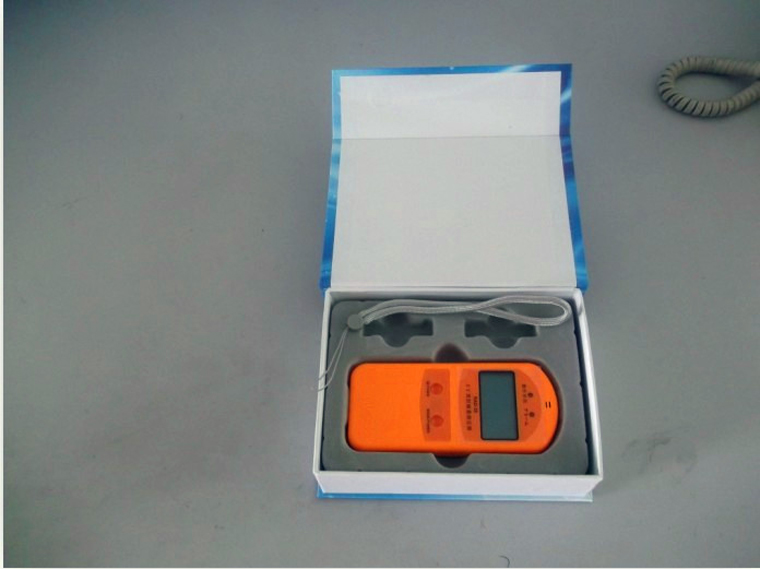

market@chinacoalintl.com
A radiation detector is a device that produces a secondary effect under the action of radiation, and this secondary effect can be detected by an electronic instrument.
When a particle passes through a substance, it absorbs all or part of its energy to produce ionization or excitation.
If the particle is charged, its electromagnetic field interacts directly with the orbital electrons of the atoms in the matter. (Coulomb force)

If it is gamma ray or X ray, first through some intermediate process, photoelectric effect occurs, Compton effect or electron pair is generated, part or all of the energy is transmitted to the orbital electron (secondary electron) of the substance, and then ionization or excitation is generated. .
For uncharged neutral particles, such as neutrons, charged particles are produced by nuclear reactions and then ionized or excited.
Radiation detectors use appropriate detection media as substances acting on the particles, transforming the ionization or excitation generated by the particles in the detection medium into various forms of information that are directly or indirectly acceptable to the senses. Immediately after the incident particle, the corresponding electrical signal is given, and after being amplified and processed by the electronic circuit, recording and analysis can be performed. Therefore, the radiation detector is an energy conversion element and is a basic component of the radiation measuring device.

© Shandong China Coal Group. © 2017
Address: No. 11, North of Kaiyuan Road, High-tech Zone, Jining City, Shandong Province, China
sales@chinacoalintl.com
Executive Editor: Zhang Wen / Editor: Linda Zhang